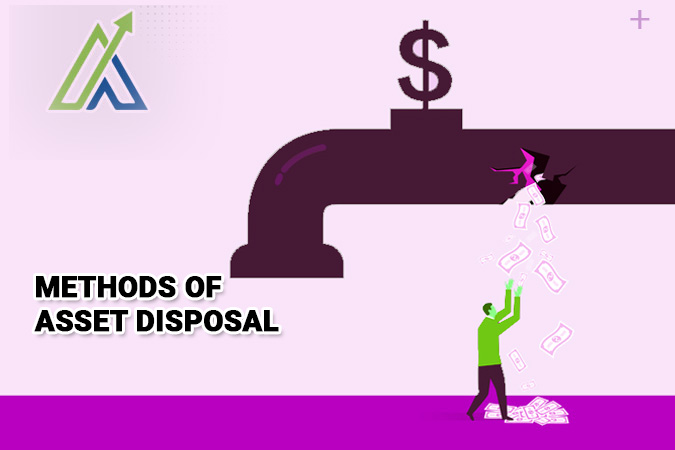Disposing of assets is crucial for managing resources, whether you’re a student learning the ropes or a seasoned Chartered Accountant. It’s not just about getting rid of stuff; it’s about doing it smartly and legally.
Methods of Asset Disposal
Here’s a rundown of various methods for asset disposal with some quick examples to make it clear.
- Selling
Selling is the easiest way to dispose of assets. You can sell stuff like machinery, furniture, or vehicles. Use online platforms like OLX and Quikr or sell to local dealers. It’s quick cash and ideal for assets with some value left. - Auctioning
Auctions are all about getting the best price through competitive bidding. It’s common for government and corporate disposals. Platforms like MSTC Limited in India are great for online auctions, ensuring transparency and a wide reach. - Donating
Donations are a great way to give back. Donate to charities, schools, or non-profits. It helps the community and might even give you some tax benefits. - Scrapping
If the asset is useless or too costly to repair, scrap it. Companies like Metal Scrap Trading Corporation (MSTC) in India handle recycling, which is eco-friendly and lets you recover some material value. - Trade-In
Trade-ins are popular for electronics and cars. Exchange old items for new ones at a lower price. Companies like Apple and Samsung offer these programs, promoting sustainability. - Leasing or Renting
Instead of selling, consider leasing or renting. It can bring in steady income. This works well for real estate, machinery, or equipment that’s still useful to others. - Internal Transfers
Big companies often transfer assets within different parts of the organization. It helps balance resources without extra costs. - Abandonment
Sometimes, removing or disposing of an asset costs more than it’s worth. Abandonment is a last resort due to environmental and legal issues but might be necessary for old machinery in remote places. - Buyback Agreements
Some suppliers offer to repurchase old equipment when you upgrade. It makes disposal easier and allows suppliers to refurbish and resell. - Public-Private Partnerships (PPP)
PPP can be useful for disposing of large assets like public infrastructure. Working with private entities ensures efficient disposal and redevelopment.
Questions to understand your ability
Q: What’s the quickest way to get cash from old assets?
- Auctioning
- Selling
- Scrapping
- Donating
Q: Which platform is big in India for auctioning stuff?
- OLX
- Quikr
- MSTC Limited
- Flipkart
Q: Why donate old gear to schools or charities?
- More cash flow
- Tax breaks
- Higher resale value
- None of the above
Q: What’s it called when you swap old stuff for new at a discount?
- Leasing
- Scrapping
- Trade-In
- Abandonment
Q: How do companies balance resources without buying new assets?
- Donation
- Internal Transfer
- Public-Private Partnership
- Leasing
Conclusion
Disposing of assets efficiently is key to keeping things running smoothly. Whether you’re a student or a Chartered Accountant, knowing these methods can help you make smart decisions. From selling and auctioning to donating and scrapping, each method has its benefits. Use this guide to navigate the process and make the most out of asset disposal in India.

